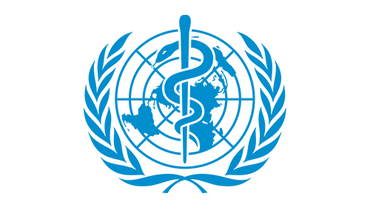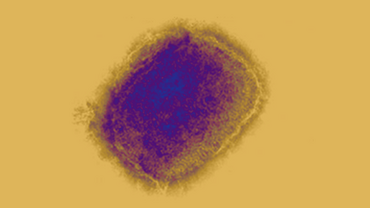ECDC and WHO publish joint technical report on navigating monkeypox during the summer season
As monkeypox cases rise, the European Centre for Disease Prevention and Control (ECDC) and the World Health Organization (WHO) have today published a technical report to provide advice for health authorities and event organisers for the upcoming summer.
With more than 700 monkeypox cases identified across Europe, and many public events attracting large numbers of citizens from across the continent, the report Joint ECDC-WHO considerations for public health authorities: navigating monkeypox during the Summer Season shows how public health authorities can focus on prevention messaging to promote good public health practices rather than closing venues.
Risk communication and community engagement are key in this outbreak response and enable public health authorities to ensure at-risk or affected communities can make informed decisions in order to protect their health. After-event communication should focus on the need of those potentially infected to contact health and social care providers should any symptoms arise subsequently.
ECDC Director Andrea Ammon said:
“Now that summer season has arrived and people across Europe are travelling more and enjoying themselves, they should remember to take appropriate steps to protect their health. We have published this guidance for national health authorities to engage with event organisers and community groups, to ensure people are aware of the risks and symptoms of monkeypox. If you have rashes, ulcers, or blisters anywhere on your body, or fever, headache and muscle aches, we strongly advise you to speak to your health care provider and get examined for monkeypox. Until you have sought the advice of a health provider and know that you are well, we urge you to take a break from visiting gatherings, venues or events and avoid close contacts.”
The guidance suggests that communication around events should focus on prevention messaging and good public health practices. Organisers of events should adapt and share key messages on their websites, social media accounts and event applications in order to raise awareness of potential risks, along with the promotion of good hygiene practices, and ensure facilities are cleaned regularly.
ECDC has also published Navigating monkeypox: considerations for gay and bisexual men and other men who have sex with men which has been produced in collaboration with community organisations. Although this information addresses the group that has been most affected by the current outbreak to date - gay and bisexual men and other men who have sex with men - it applies to anyone who may be exposed to monkeypox infection.
Read the report
Public health guidance
Interim advice for public health authorities on summer events during the monkeypox outbreak in Europe, 2022
The aim of this document is to provide concise advice to public health authorities and guide their prevention, awareness-raising and behaviour change interventions before, during and after upcoming summer events.






